Question And Answer
Publications
Articles, publications, books, tools and multimedia features from the U.S. Institute of Peace provide the latest news, analysis, research findings, practitioner guides and reports, all related to the conflict zones and issues that are at the center of the Institute’s work to prevent and reduce violent conflict.
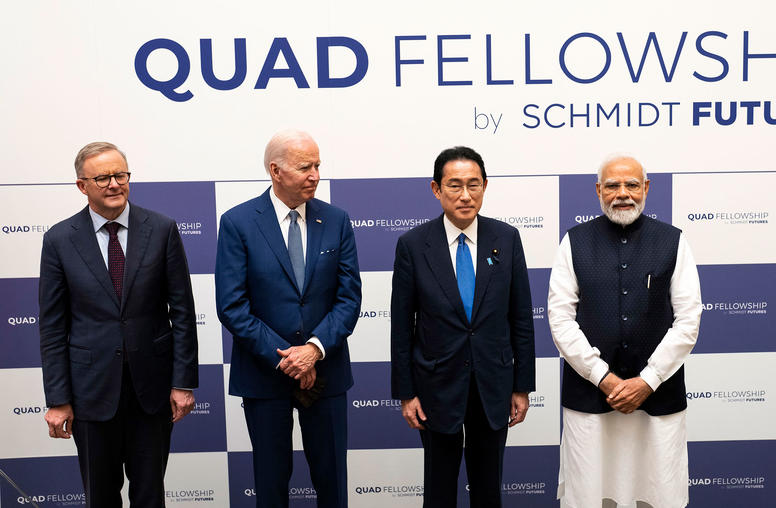
Biden’s Asia Trip Seeks to Revitalize Alliances, Focus on China
President Biden made his first trip to East Asia beginning late last week, visiting South Korea and Japan, where he participated in a leader’s summit of the so-called Quad, which includes Australia, Japan and India. The president’s visit is part of a flurry of Asia-focused diplomatic initiatives in recent weeks including the U.S.-ASEAN summit, the U.S.-India 2+2 Ministerial Dialogue and an upcoming speech from Secretary of State Blinken, which is expected to lay out the contours of the administration’s China Policy.
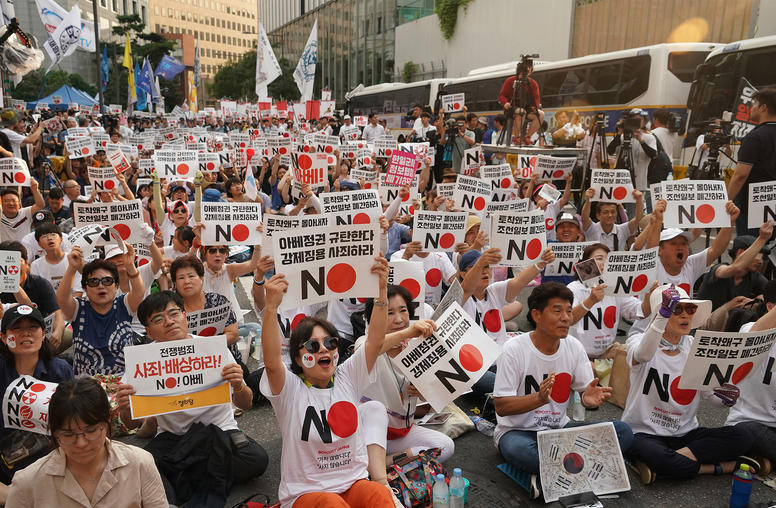
South Korea and Japan Need to Reset Relations. Can the United States Help?
In April 2022, a South Korean delegation representing President-elect Yoon Suk-yeol met with Japanese Prime Minister Fumio Kishida in Tokyo to help reset bilateral ties that have frayed in recent years over unresolved issues like wartime forced labor and sexual slavery. The delegation head told reporters that the trip’s goal was to fasten “the first button of a new Korea-Japan relationship,” referring to the proverb that incorrectly fastening the first button on a jacket will cause subsequent ones to go astray.

Dan Markey on the Quad Leaders’ Summit
USIP’s Dan Markey says the growth of the Quad — a partnership between the United States, Australia, India and Japan — can be seen as a counter to China, but “instead of being principally a military organization, the Quad … will focus on more positive ventures” such as vaccine diplomacy, climate change and technology.
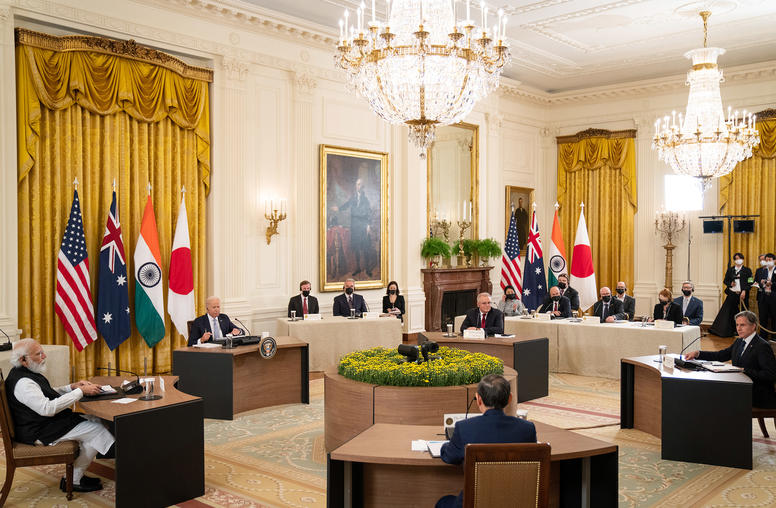
What the Quad Leaders’ Summit Means for the Indo-Pacific Amid Rising Tensions with China
On September 24, President Biden hosted Australian Prime Minister Scott Morrison, Indian Prime Minister Narendra Modi and Japanese Prime Minister Yoshihide Suga at the White House for the first-ever in-person Quad Leaders’ Summit. The event marked a milestone for the group, which started as an ad hoc coordination mechanism for humanitarian assistance and disaster relief after the 2004 Indian Ocean tsunami. The four leaders unveiled a slate of new initiatives on a range of pressing global issues — from climate change and COVID-19 to technology, infrastructure and education — as well as formalized plans to meet annually.
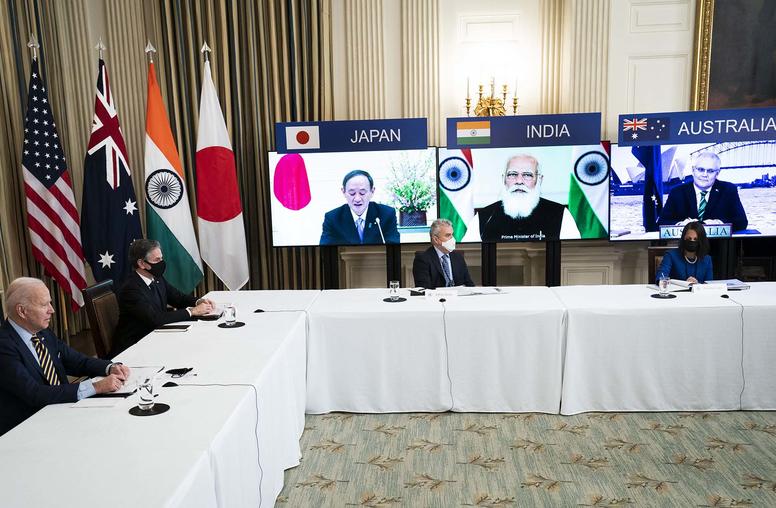
Austin, Blinken Affirm U.S. Commitment to Asian Allies
U.S. Secretary of State Antony J. Blinken and U.S. Defense Secretary Lloyd Austin are in Asia this week for their first official foreign trip. They held meetings in Japan and South Korea. Blinken returned to the United States via Alaska where he and U.S. National Security Advisor Jake Sullivan meet with their Chinese counterparts today, while Austin is in India. On March 12, President Joe Biden and the leaders of Australia, India and Japan participated in a virtual summit of the “Quad,” a strategic dialogue between the four countries aimed at ensuring an open, free and prosperous Indo-Pacific region.
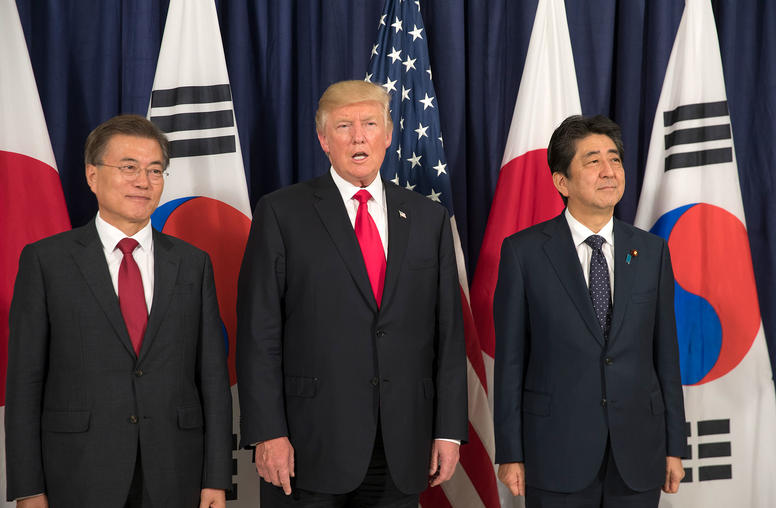
What Does the Singapore Summit Mean for South Korea, China and Japan?
The June 12 summit in Singapore between President Donald Trump and North Korean leader Kim Jong Un was a watershed moment in relations between Washington and Pyongyang. But, the more immediate and profound impact will be felt in East Asia, where North Korea’s nuclear program has threatened regional stability and security. While South Korea, China and Japan have different—sometimes starkly so—interests and positions vis-à-vis North Korea, all three of the Asian powers will be important players in efforts to implement the pledges made in Singapore. USIP’s Ambassador Joseph Yun, Jennifer Staats and Frank Aum discuss the implications for Seoul, Beijing and Tokyo.
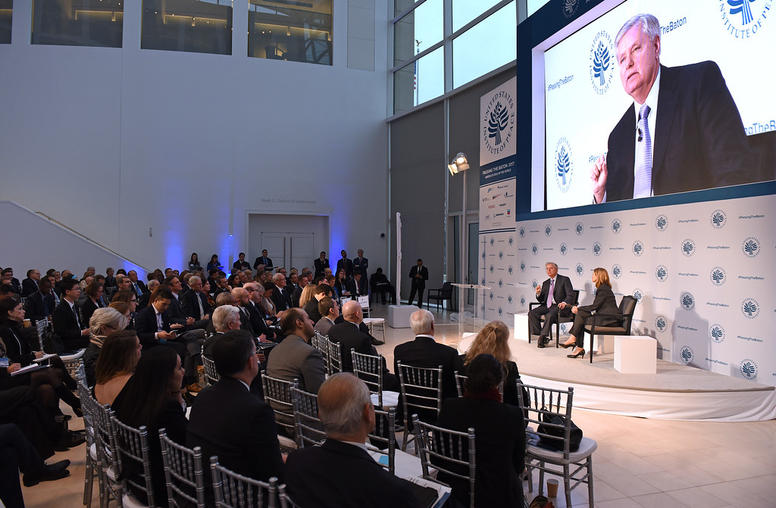
U.S. National Security Chiefs Talk Leadership, Partners
The national security advisors to President Barack Obama and President-elect Donald Trump stood shoulder-to-shoulder on a stage at the U.S. Institute of Peace yesterday and shook hands to a standing ovation at a two-day conference on foreign and national security policy. In speeches, National Security Advisor Susan Rice and her designated successor, retired U.S. Army Lieutenant General Michael Flynn, struck a tone of cooperation on the transition between administrations.
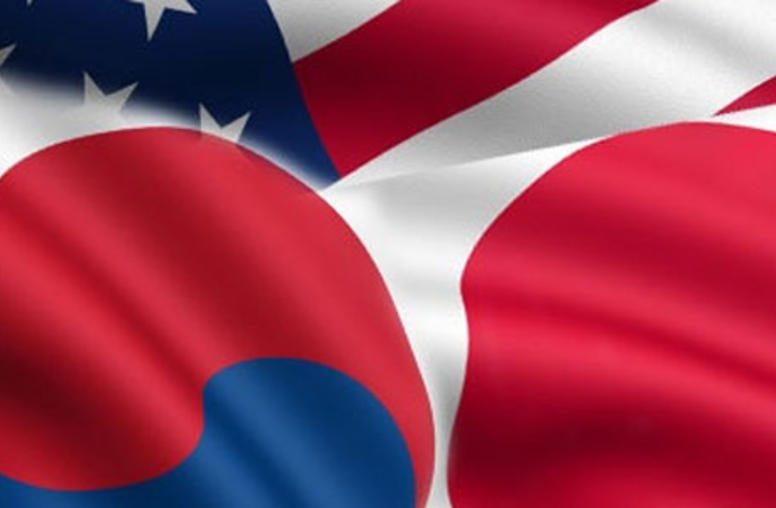
USIP Hosts Round of Northeast Asia Track 1.5 Dialogue
The U.S. Institute of Peace (USIP) this week hosted the eighth round of the Trilateral Dialogue in Northeast Asia, a Track 1.5 project involving current and former senior policymakers and military officials from the United States, South Korea and Japan. The discussions delved into a variety of security and diplomatic topics, including historical tensions between South Korea and Japan, and “achieved candor in a relaxed and truly non-defensive environment,” said one of the participants, Stephen...
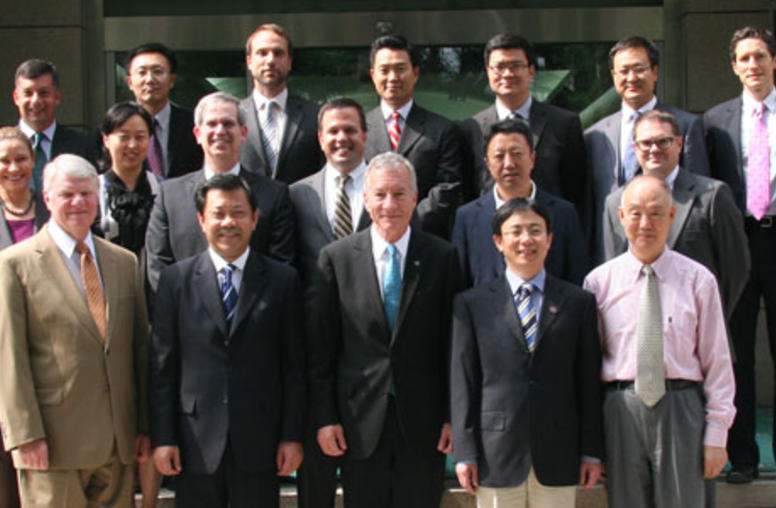
USIP President Jim Marshall Leads U.S. Delegation to Crisis Avoidance Track 1.5 Dialogues in Beijing
USIP President Jim Marshall recently led a U.S. delegation to two Track 1.5 dialogues in Beijing aimed at moving quickly beyond intractable official government statements and finding ways for de-escalating tensions in East Asia.

American Negotiating Behavior
Informed by discussions and interviews with more than fifty seasoned foreign and American negotiators, this landmark study offers a rich and detailed portrait of the negotiating practices of American officials. Including contributions by eleven international experts, I assesses the multiple influences--cultural, institutional, historical, and political--that shape how American policymakers and diplomats approach negotiations with foreign counterparts and highlights behavioral patterns that tr...